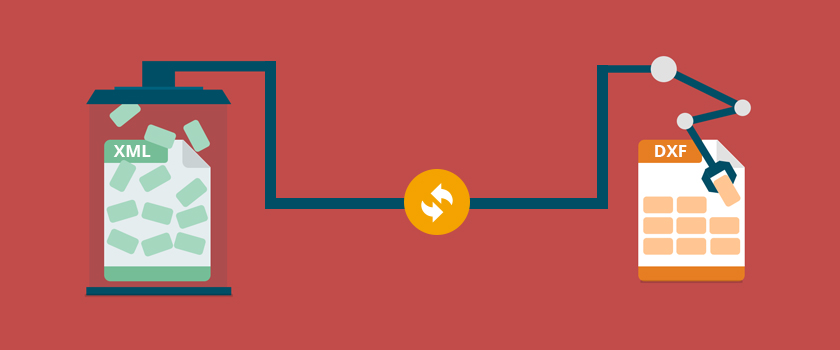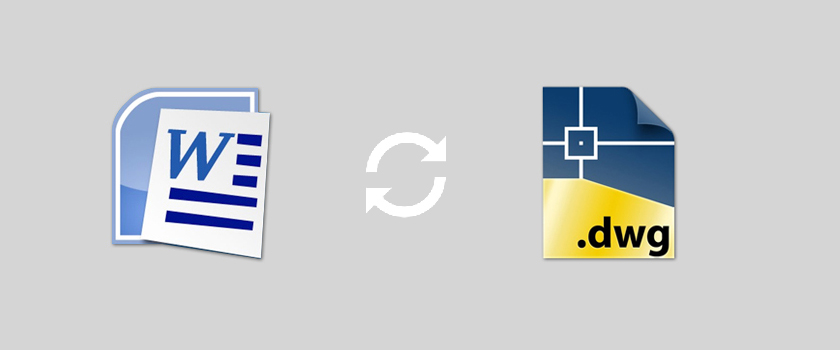What Language is Spoken in Austria?
By: Vanessa Anderson Posted on Mon, 09-03-2020

An alpine country, situated in Central Europe is what we all Austria. With the population in millions, the country is surrounded by World War ridden neighboring countries; Germany, Czech Republic, Slovakia, Hungary, Slovenia, Italy, Switzerland, and Liechtenstein.
Now the most interesting fact that puts all these countries together is Language. It is an interesting notion, how language can bind cultures and communities together. People living within the same country speak different dialects varying from region to region. Especially in the industry sectors, languages have a far greater role than one can imagine.
The Varying Dialects of Languages in Austria
A culturally abound country is known to have more than two languages spoken around. The most prominent language that stands out in Austria is German, official language.
On the other hand, when you plan to run business and invest in the foreign market of Austria, you will need the guidance of German translation services and some patience to achieve your target. But before you lean towards the business side of Austria, let's learn a tad bit more about its language, shall we?
Things You Need to Know About the German Language
As one knows, a language is a conduit of different dialects that begs to differ from region to region, German spoken in Austria is sometimes resonated as Austro-Bavarian. While as minority languages; Croatian, Hungarian, Slovenia, Turkish are spoken at paces too.
English speakers find it rather easy to speak or relate to German than Non-English speakers due to the basic understanding of the speech. Usually, a standard German version is spoken around with other sub-dialects. But let’s take a closer look at the language for once;
• Number of Usage
With more than 120 million people speaking German, it is also one of the key languages of the EU (European Union) and Economies of Central and Eastern Europe. People around the world even attend German courses in school, universities or other linguistic academies.
Did you know: German is one of the most influential languages in the world?
Surprisingly it made to the Guinness Book of World Record of 2006 as well. Now that is a milestone achievement.
• Legend Weaved Around the Language
There's an old rumor saying German was close to becoming an official language of the USA. No one can know for sure, but that's how the legend goes; back in 1794, a petition was presented by German immigrants to the US House of Representatives, Virginia. However, the motion was rejected. One might never know the true origins of the frustrated Germans around which the legend revolves, but the popularity is second to none.
• Vocabulary
German is one of the languages with the rising trend of 5.3 million words! Hard to believe German contains more words than the English language. Regularly, around 12,000 to 16,000 words are used in German, on a daily conversation basis.
For instance, a well-known reference book for grammar, Duden, is an orthography of the German language which lists up to 135,000 words inside the pages.
• Similarity With English
Similarities between English and German can be seen in contrast to the conversations. For instance, the word Kind in English means “nice” but whereas Kind written with a capital first letter in German means “child”. Or the word spring in English means Season or time of the year whereas in German it means "jump".
So you see, it's easy to get lost in translation if you are not aware of the actual context or phrase meaning behind the word, it's easy to get confused especially in legalities. In such cases, German translation service is always appreciable and of high priority as well.
Role-play of German Language
The German language is not the first choice of language to learn for many so what became the reason for the entrée of learning German in the business world (and other than it? Contemplating a new language means, there's a reason why someone will put their effort in learning a particular language.
• Easy to Learn
Contrary to the popular belief, German is easy to learn especially if you are an English speaker, you have the upper hand to quickly learn it. The reason behind this advantage is that both languages share the Germanic root. Meaning words cognates with each other (as mentioned above). For instance, Brot means Bread and Wasser means Water.
You do not need to learn anything supposedly separately, and usually, there's no actual shortcut to learn a new language but you can study hard and learn it quickly.
• Language of Inventors
Each language is popular for some reference, Germany is far more known to be the home language of poets and thinkers such as Das Land der Dichter und Denker. Even if you take a wider look at the famous accomplishments, you will learn that in physics, medicine, chemistry, and other areas, major winnings were awarded to German-speaking countries.
• Higher Education
German universities are high advances in the science category and therefore have the importance of being regarded as world-class higher education. You will see students enrolling in academia according to university rankings worldwide, and do not be surprised if you see at least three German schools in the top among the enlisted top rankings.
• Global Leaders
And guess what? The major global brand has German roots. Who hasn't heard the famous Volkswagen, Adidas, and Siemens etc….all are German-based brands reaching their target audience by the leap?
Berlin, being the capital city, is becoming a hub or innovative entrepreneurs is pet named Silicon Valley of Europe. It is exciting for business ventures to add their products and services to the lucrative market.
One More Thing!
Now you know some of the effects and factors of the German language can have the influence you need not only in the business world but otherwise as well. Learning German is interesting doing business is more interesting as you get to enter the local market and can influence the right niche with the right content if you understand the language.

Africa is the second largest and second most populous continent. As recent statistics suggest, 1,486,275,887 is the current population of
Read more
dxf: DXF is a CAD data file format developed by Autodesk for CAD data exchange between AutoCAD and other software. docx:
Read more
Mars Translation can help you extract the texts in a DXF file and convert them into a XML file so
Read more
Mars Translation can help you extract the texts in a DWG file and convert them into a Word file so
Read more
No state on the western side of the globe can compare the strategic geographic location, diverse multilingual workforce, and attention
Read more
San Diego is California's second-largest city, and it has a population of 1.3 million from which three million residents are
Read more
Dallas is the largest state in Texas after Houston and San Antonio. It is the ninth most populous city in
Read more
In this day and age, users love to consume video content. Statistics show that almost 90% of all internet users
Read more
Virtual reality is transforming our imaginative worlds into existence. Since childhood, we used to create visionary kingdoms and act like
Read more